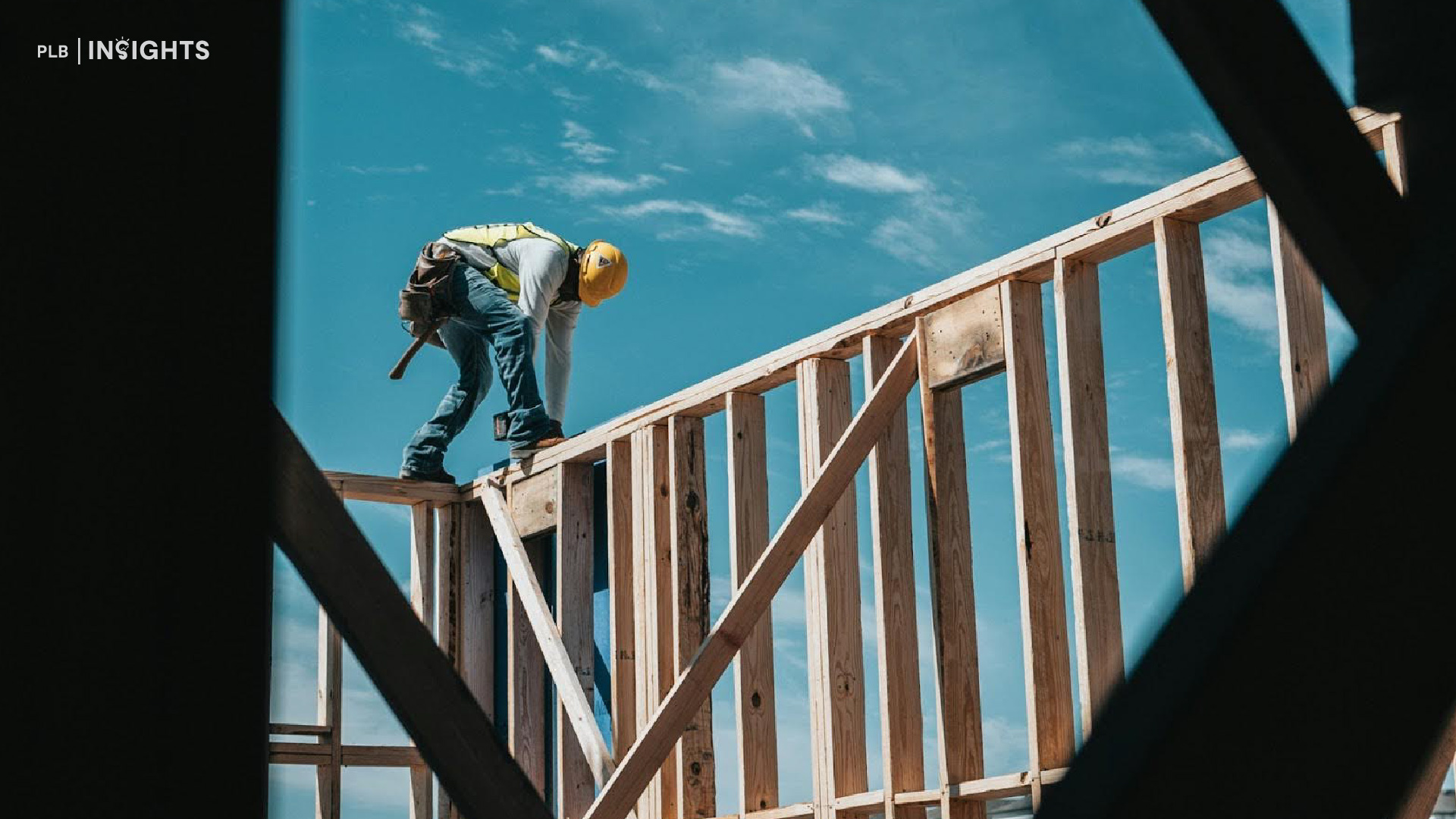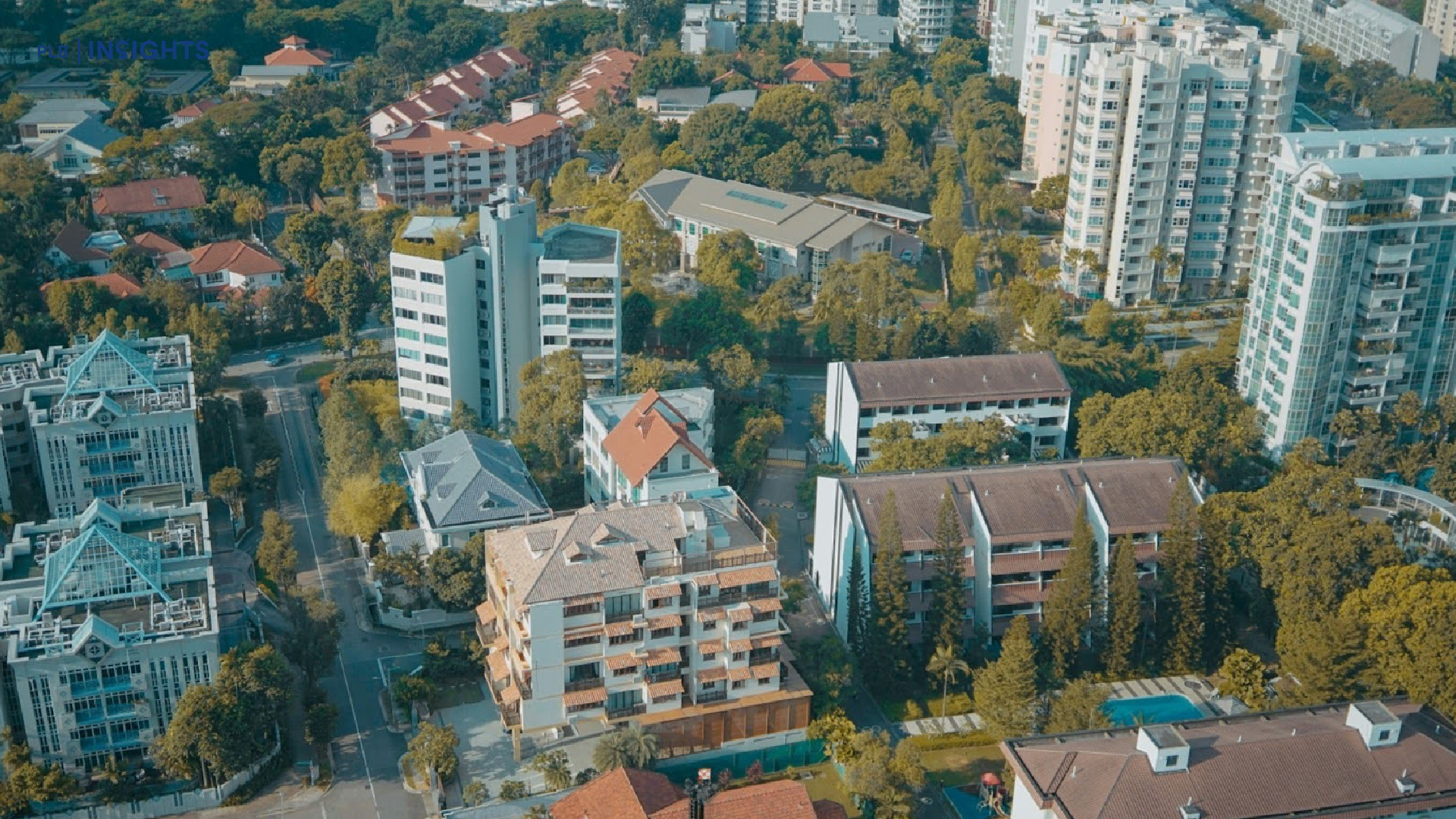
A Home Owner’s Journey with PLB
For today’s nugget, we look at the property investment journey of Daniel and Cherie, who started from a Resale HDB as their matrimonial flat, and subsequently upgraded to private properties. More saliently, we take a dive into the reasons behind their prudent decisions, and weigh in on the pros and cons of upgrading to private property. Read on as PropertyLimBrothers give our take on long-term property investment, as illustrated by this couple’s journey!
Introducing one of our earliest and longest clients.
Let’s kick off our first episode of the new season with a story about one of our first clients, Daniel and Cherie. Daniel and Cherie first came to Melvin and Adrian 13 years ago – years before PropertyLimBrothers was formed – when they were 28 years of age, to purchase a Resale 5-room HDB apartment in Punggol. They stayed there for 5 years before upgrading to their first private property and subsequently another private property for rental investment.

Their prudency, coupled with partnership advice with Melvin and Adrian and quick decision making, led them to building their property portfolio and continuing to invest in property as of today. 13 years later, Daniel and Cherie have a landed property for their own stay and keep another private property as a continuous rental play.
If you would like to learn about their full story, you can find a recent interview we did with them here. But what’s more important is the lessons that we learned from their journey from a young married couple starting in a HDB to owning multiple private properties.
The importance of planning early.
Our earning power as a family usually increases from our 30s to 40s but many families are unsure about how to plan an upgrade to private property. They also have questions about which asset type is a better store of value in the long run. Because we are confused by the pros and cons, we usually end up putting off the planning, leading to many missed opportunities.
As we discussed in another interview, Singaporeans have a very short-lived property purchase journey. Usually, a person starts working at 25, gets married and buys a house at 30, and can only sell their first property at 35. Then, the last time they purchase a house is around age 50 because after 54, the amount of CPF funds that can be used for property falls off. If one purchases a property after 55, there is more leverage involved which will affect retirement plans. Thus, most of us have only about 20 years of property investments – or about 4 to 5 cycles of purchase and exit before the opportunity costs become prohibitive.
What can we learn from Daniel and Cherie?
In Daniel and Cherie’s portfolio journey with PropertyLimBrothers, they made decisive plans to switch from their first property to an asset with a better store of value and appreciation potential after calculating and planning their finances to ensure that they could hold the property purchase for the long-term. They were then ready to exit their first HDB apartment at 33 years of age.
As a couple, they planned to use their higher earning power to buy two (!) private properties – one to stay and another as rental investment. This is a common strategy that is used to expand a person’s real estate portfolio. By buying under separate names for each property, they avoided paying additional stamp duty while their stable dual-income allowed them to support the total debt servicing ratio (TDSR) and meet loan requirements.
After detailed consultation, we helped them find a large property for their growing family needs. For their rental property, we found a place with high rentability – meaning that switching tenants is quick and there is always rental demand. With a large pool of tenants, there is less chance of the property sitting idle and incurring rental loss for mortgage. In fact, Daniel and Cherie are still holding on to these properties even today.
Real estate is a store of value because it has many functions as an asset.
Real estate, especially in Singapore, is a great asset for storing value because of many reasons. Singapore real estate is experiencing increasing construction costs, inflation, high ownership rates, and a high demand for owning property. All of this leads to high demand and low supply. We see over the years that there is a gradual appreciation of property value. Daniel and Cherie have capitalised on this by parking their capital, cashing in their gains, and doing it over again. Of course, prices don’t always increase, sometimes they plateau, and sometimes might even decrease. Yet Singapore, because of our unique disposition, offers stability that our foreign counterparts do not. Because of the many rounds of cooling measures, volatility in price movement stabilises. Coupled with many external and internal attraction features, Singapore is becoming a safe haven that many foreign and local buyers will want to park their funds in.Real estate here, happens to be one of those core assets.
Real estate investing is always a mid-to-long-term strategy. Prudent and proper planning plus understanding which property type is a better store of value in which season is important. Different types of properties and projects have disparity effects across different seasons due to popularity and price movements.
Knowing this can help you make an informed decision before buying and selling hastily.
Conclusion
Now you know what to look out for no matter if you are a buyer or seller of such properties! If you are keen on buying or selling your own property but still have uncertainties, don’t fret because we are here to help. Get in touch with us here and the team will get back to you shortly!
This article is written in conjunction with our #NOTG Series on Youtube. We drop nuggets of wisdom for you to learn more about Singapore’s property market! From frequently asked questions to market analysis, we’ll take you through them all with the PropertyLimBrothers team.








